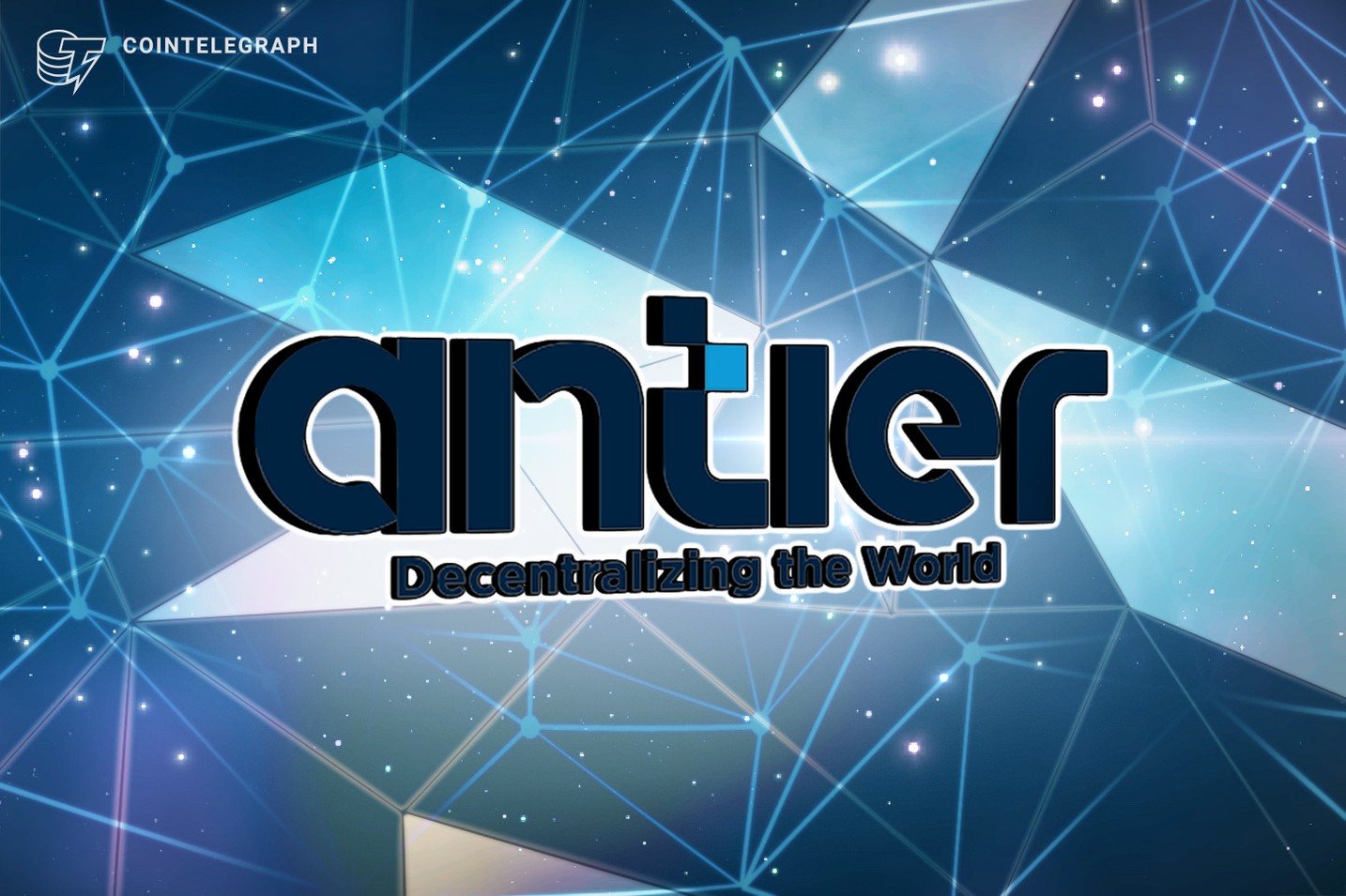This content is provided by a sponsor
This content is provided by a sponsor
Over the years, smart contracts have been battle-tested for a vast range of business aims. Their market worth is pacing to touch $354 billion by 2026 and testifying for mainstream adoption of DApps. In an endeavor to scale up, businesses have woken up to a major issue — the limited size of smart contracts, which also limits the scope of the application layer.
It's high time that they detach from traditional contracting and prepare for futuristic blockchains as rightly identified by Antier Solutions.
There’s a simple analogy to understanding smart contracts — they are the engine driving the decentralization logic over a blockchain regardless of the complexity and size of the network. They are immutable, which means no one can remove previous records and users can append new entries in the event of change requests. The problem is — smart contracts can only be extended to a specific limit. It is not incorrect to say that immutability, which was perceived as the strength of contracting, has become its greatest restriction. Once you create them, there is no way to alter them, effectively acting as an unbreakable contract among participants.
Antier Solutions is addressing this issue by adapting upgradeable contract practices. Not only would this change the narrative around contracting but will also resolve other issues that are tied to traditional contracting. The blockchain consulting firm is helping existing DeFi protocols to upgrade their contracts to meet new standards and achieve unlimited extensibility.
“There’s no second thought that Ethereum’s smart contracting has accelerated the adoption of DeFi as envisioned in the bitcoin paper. But the restrictions that came with the sizing also confined the scope of DApps. That's exactly why we are keen on adapting contract upgradeability. This will produce more avenues for blockchain architects to address critical issues through innovation “ — Vikram, CEO of Antier.
Consider a smart contract on Ethereum. Here, when two parties agree to alter the contract, they would do so by appending new code and deploying a new version. This includes manually migrating the old states to the new state, updating all associated contracts with the new address and ultimately educating the community to use the latest version. Besides being time-consuming, the process takes a hit at the gas fee, which is already an unresolved bottleneck for Ethereum and other blockchains.
Known as the Diamond Standard, the new structure strengthens communication between multiple contracts through code function calls known as Delegate Calls.
Understanding Diamond Contracts
A contract that uses the external functions of other contracts(also called “facets”) is known as a ‘Diamond.’ Once deployed, several facets can be added, updated and removed in the future only through governance.
Reputed organizations like Antier Solutions specialize in removing and adding facets to the Diamond Structure. Contract functionality can be extended easily via facets in a very modular and granular way. In the same transaction, just a single upgrade can add or delete multiple functions. In addition to that, each facet could be used again due to Diamond Storage.
The Need of Diamond in DeFi
At the core of existing DeFi solutions, there’s smart contracting that drives the operational logic of the DApp and the underlying blockchain protocol. DeFi has the power and the readiness to resolve some of the most critical issues of our times — like inaccessibility of basic banking services or absorbing the pressures of inflation. Moreover, digital currencies built over code and managed by a community of millions of users (nodes) fit well in the narrative of total digitization of processes and services. Successively, the first mainstream crypto product to have undergone decentralization was exchanges and wallets.
However, to actualize a world governed by code, scalability is the prime condition. We can’t think of migrating our finances and other enterprise verticals without the scope of scaling them as and when we want.
But for Antier, the returns of upgradeability don’t end here. They foresee an effective solution to another critical issue of the blockchains.
“Higher gas-fee in Ethereum was debated to the level that compelled the launch of alternative blockchain solutions such as Solana. After all, an uncertain fee confines the decentralization experience. With unlimited contracting, we look forward to lowering this cost and actualizing a diverse range of DeFi protocols such as lending/borrowing, Yield Farming and Staking”.
Not to mention that the ongoing rage for nonfungible tokens (NFTs) and their applicability in DeFi solutions will need total flexibility from the underlying contracts — this is exactly what Diamond contracts promise.
Going forward, the industrial narrative is shifting towards a better & smarter DeFi than the new DeFi.
DeFi is a goldmine of opportunities. Going digital isn’t the aim anymore. Excelling within the digital ecosystem is the narrative. With decentralization, finance institutions have an opportunity to prepare for the next decade. And to fully experience decentralization, products have to accommodate millions of users and features, on the same platform. This is why we need to steer our focus onto bigger & better DeFi rather than just new DeFi.
For Antier, upgradeable smart contract development forms an important layer in the DeFi stack. Antier has been delivering full-stack DeFi consulting solutions for a range of enterprises now. Starting with full-fledged decentralized exchanges, the consulting entity is proactively writing customized protocols for staking platforms, farms, loans and liquidity pools.
